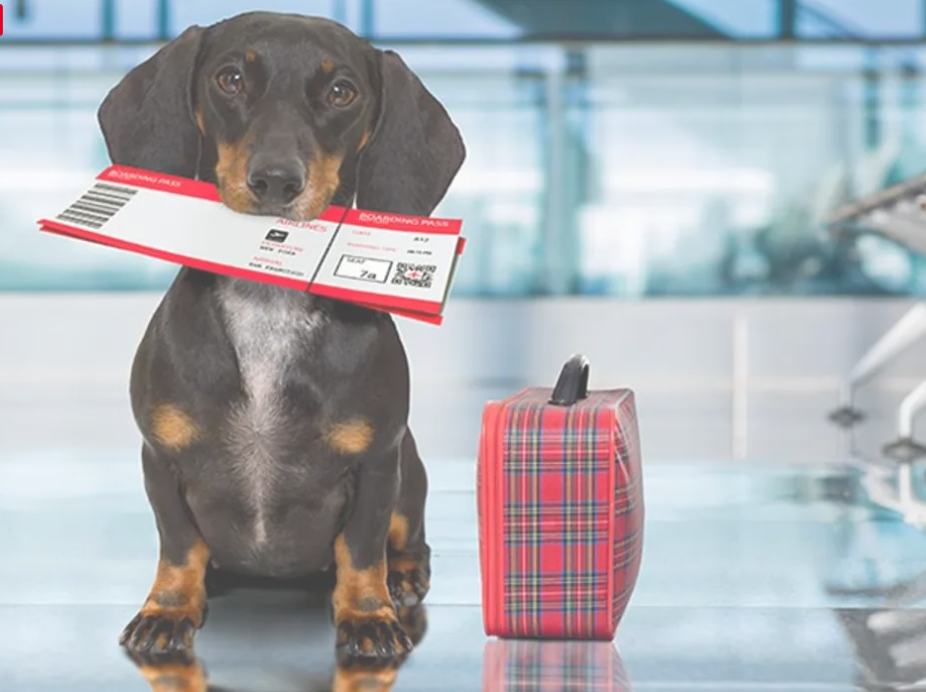
As an expat planning to move to Spain or simply travelling with your beloved pet, it is crucial to be aware of the rules and regulations surrounding the importation of animals. This article provides an overview of the essentials, ensuring that you are well informed and prepared for the process of bringing your pet to Spain.
1. Introducing a pet from a Non-EU country
When importing a pet from a country outside the EU, make sure to enter Spain through one of the designated Entry Points. You will need to declare to the Civil Guard Fiscal Reserve that you are travelling with a pet and present the relevant documentation.
Required Documents
If your pet does not have a European passport for the movement of pets, the following documents must be provided:
- Health Certificate: The certificate must be signed by an official veterinarian in the third country and presented in at least Spanish.
- Declaration: This document must comply with the EU models.
- Certified Copy of Identification and Vaccination Records: Make sure to include information about your pet's vaccinations (see the frequently asked questions for this topic).
Additional Requirements for Your Pet
Your pet must also meet the following criteria:
- Be identified with a microchip or tattoo (if done before July 3, 2011);
- Be vaccinated against rabies with a valid vaccine at the time of travel;
- If originating from a non-listed country in Annex II of Regulation (UE) 577/2013, your pet should undergo a serological test for rabies in an authorized laboratory.
2. Traveling to Spain from an EU country
For expats moving their pet dog, cat, or ferret to Spain from another EU country, the following requirements must be met:
- The pet must be identified with a microchip or tattoo (if done before July 3, 2011, and still readable);
- The pet must be vaccinated against rabies with a valid vaccine at the time of travel and the vaccination information included in the animal's passport;
- The pet must have a European passport for the movement of pets, with the "Owner," "Description of the Animal," "Marking," "Issuance of Passport," and "Rabies Vaccination" sections completed.
It is important to note that specific requirements for Serological Tests, Treatment against ticks, Treatment against Equinococcus, Other vaccinations, Clinical examination, Legalization, and others are not mandatory for movements from other EU Member States to Spain.
Keep in mind that no exceptions can be made for dogs, cats, or ferrets under 15 weeks of age without a valid rabies vaccination. The minimum age for vaccination is 12 weeks, and at least 21 days must pass from the inoculation for the vaccine to be considered valid.
3. Companion Animal Displacement
A 'pet' displacement is considered when:
- No more than five animals are involved in the transfer;
- The animals are not intended for commercial purposes or transferring ownership;
- The animals travel accompanied by their owner or a responsible person on their behalf. The pets' movement can be separate from the owner's transportation as long as it occurs within five days of the owner's movement.
If your pet's movement does not fulfill the companion animal requirements, it is then considered a commercial movement. In this case, you need to follow the guidelines set out for commercial movements between EU countries or commercial movements from third countries.
Whether you are relocating to Spain or visiting with your pet, it is important to comply with these rules to ensure a smooth and stress-free process. By understanding these regulations and preparing the necessary documentation, you can enjoy your adjustment to life in Spain with your furry friend by your side.